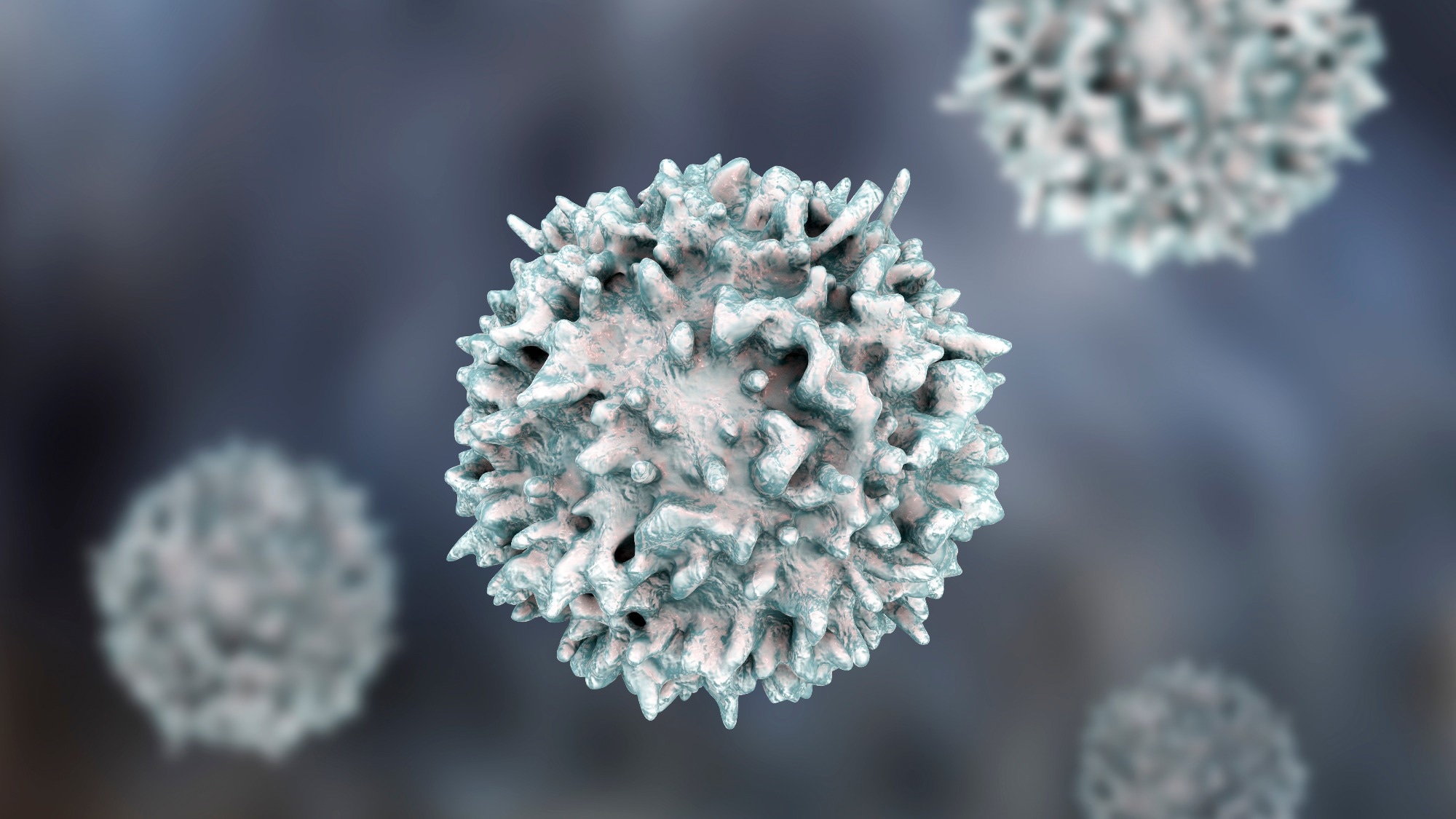Previous research has documented the impact of gut microbiota-derived hydrophilic metabolites on immune cell functions and development. However, the immunomodulatory effects of gut microbiota-derived lipids are not fully understand.
 Study: Gut microbiota-derived lipid metabolites facilitate regulatory T cell differentiation. Image Credit: Kateryna Kon / Shutterstock.com
Study: Gut microbiota-derived lipid metabolites facilitate regulatory T cell differentiation. Image Credit: Kateryna Kon / Shutterstock.com
Background
Treg cells are important in inducing mucosal tolerance, as they mute the immune response to benign foreign antigens and, as a master transcription factor, express forkhead box P3 (Foxp3). Furthermore, Treg cells inhibit the activation of effector T-cells and express cytotoxic T-lymphocyte-associated protein 4 (CTLA-4).
Treg cells exist in tissues throughout the body; however, their frequency is much higher in the colon. Colonization by commensal microbiota appears to facilitate the development of colonic Treg cells that express transcription factor RAR-related orphan receptor γ (RORγt).
The number of T2 cells in the intestine is significantly increased in mice lacking Treg cell-specific RORγt (Foxp3Cre RORγtF/F). Likewise, T cell-specific Uhrf1 deficiency has been shown to contribute to severe colitis. These observations indicate the significant role of Treg cells in sustaining immune homeostasis in the mucosal tissue.
Commensal bacteria lead to Treg cell development through different mechanisms, including the use of polyunsaturated fatty acid (PUFA) as a substrate to produce lipophilic metabolites. Previous studies have shown that the metabolism of fatty acids by commensal bacteria regulates host immunity; however, the effects of lipophilic metabolites derived from the gut microbiota on other immune cell populations remain unknown.
About the study
The current study showed that the lipid extract of mouse feces had Treg cell-inducing activity in vitro. The researchers also identified all-trans retinoic acid (atRA) and 9,10-dihydroxy-12Z-octadecenoic acid (9,10-DiHOME) as active components. Methodologically, RP-HPLC-based fractionation and liquid chromatography-tandem mass spectrometry (LC-MS/ MS)-based lipidomics were used.
Key findings
The gut microbiota-derived lipophilic metabolites were found to induce Treg differentiation. Moreover, feces from SPF mice, but not germ-free (GF) mice, had high Treg-inducing activity, thus indicating the potential role of lipophilic metabolites in immune regulation by the gut microbiota.
A Treg-inducing activity in the methyl formate fraction of the fecal lipid extract was detected. Moreover, 9,10-DiHOME and atRA were identified as the bioactive constituents with Treg-inducing activity using target lipidomics analysis.
The metabolite 9,10-DiHOME is produced by the cleavage of 9,10-EpOME by epoxide hydrolase. Under GF conditions, the luminal concentration of 9,10-DiHOME was significantly reduced. Consistent with previous research, this observation indicates that gut microbes are likely responsible for the production of 9,10-DiHOME.
The activity of 9,10-DiHOME was significantly diminished under monoculture conditions with naïve T-cells, thereby suggesting that it may indirectly induce Treg cells through functional modifications of dendritic cells (DCs).
The activation of PPARγ in DCs was seen to upregulate Aldh1a2, thereby promoting Treg differentiation. More research is needed to determine the mechanism through which 9,10-DiHOME confers Treg-inducing activity on DCs.
These findings suggest that the Treg-inducing effect of 9,10-DiHOME is a structure-specific property that is not common among linoleic acid (LA) metabolites. Upon examining the effects of in vivo exogenous 9,10-DiHOME administration on Treg differentiation, no Treg-inducing effect was observed.
This finding could be rationalized by the presence of a certain amount of 9,10-DiHOME in the intestine at a steady state. In fact, the quantity of 9,10-DiHOME in the intestine, except the cecum, remained unaltered, although luminal amounts of 9,10-DiHOME were substantially decreased. This led researchers to speculate that the pre-existence of 9,10-DiHOME in the intestinal tissue could have inhibited any additional Treg-inducing effect.
The concentration of 9,10-DiHOME in the colonic tissue and feces was reduced during the progression of colitis. Thus, the fecal concentration of 9,10-DiHOME could serve as an early biomarker of colitis.
The gut microbiota could also aid in producing atRA and 9-cis-RA, as they were widely found in the feces of SPF mice. Notably, 9-cis-RA and atRA bind to the retinoid X receptor (RXR) and RARα, respectively.
The induction of peripheral Treg cells arises due to the binding of the RARα/RXR heterodimer to the CNS1 enhancer region of the Foxp3 gene.
Conclusions
The current study identified atRA and 9,10-DiHOME as gut microbiota-derived lipophilic metabolites that show Treg-inducing activity. This has provided a novel perspective regarding the importance of gut microbiota-derived lipophilic metabolites in maintaining immune homeostasis in the intestine.
Additionally, an experimental platform was established to identify immunomodulatory lipophilic metabolites. This was made possible by combining an in vitro Treg cell culture assay with HPLC fractionation, followed by targeted lipidomics. This novel platform could be used to discover more biologically active lipophilic metabolites in the gut lumen, in the future.
Journal reference:
- Shiratori, H., Oguchi, H., Isobe, Y., et al. (2023) Gut microbiota-derived lipid metabolites facilitate regulatory T cell differentiation. Scientific Reports 13(8903). doi:10.1038/s41598-023-35097-5